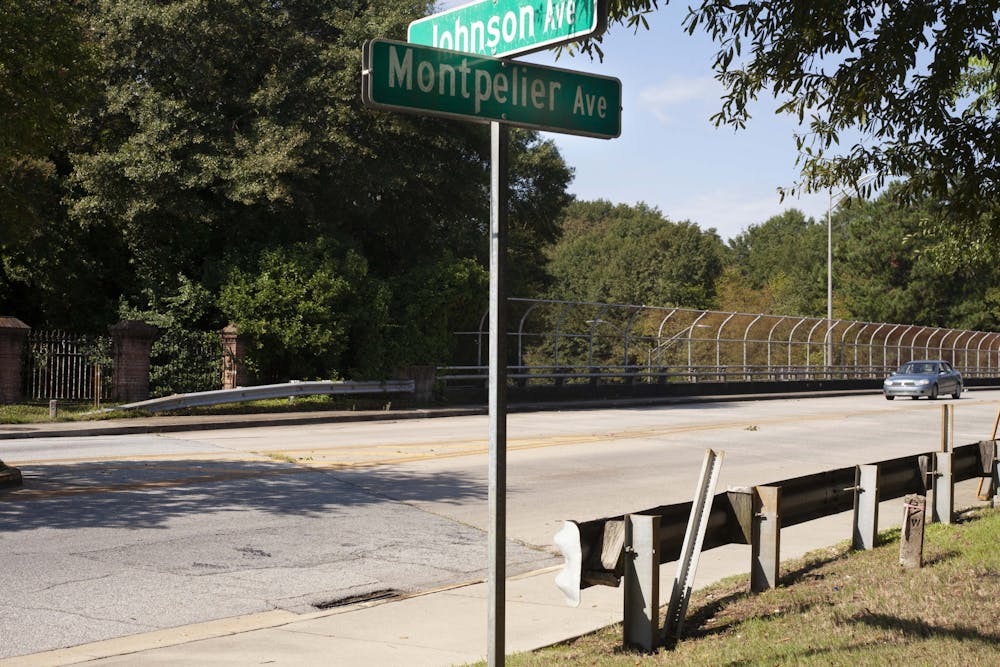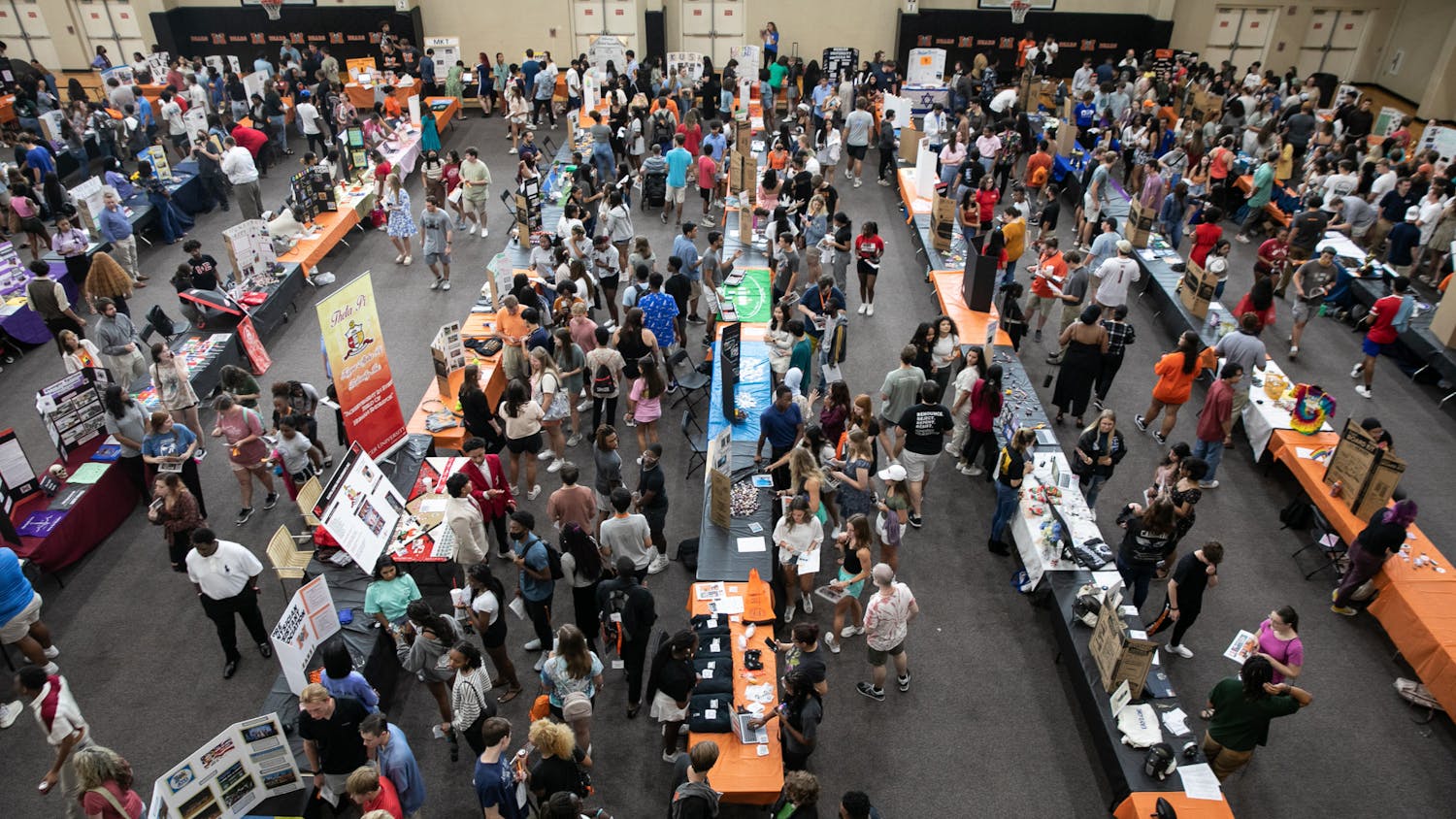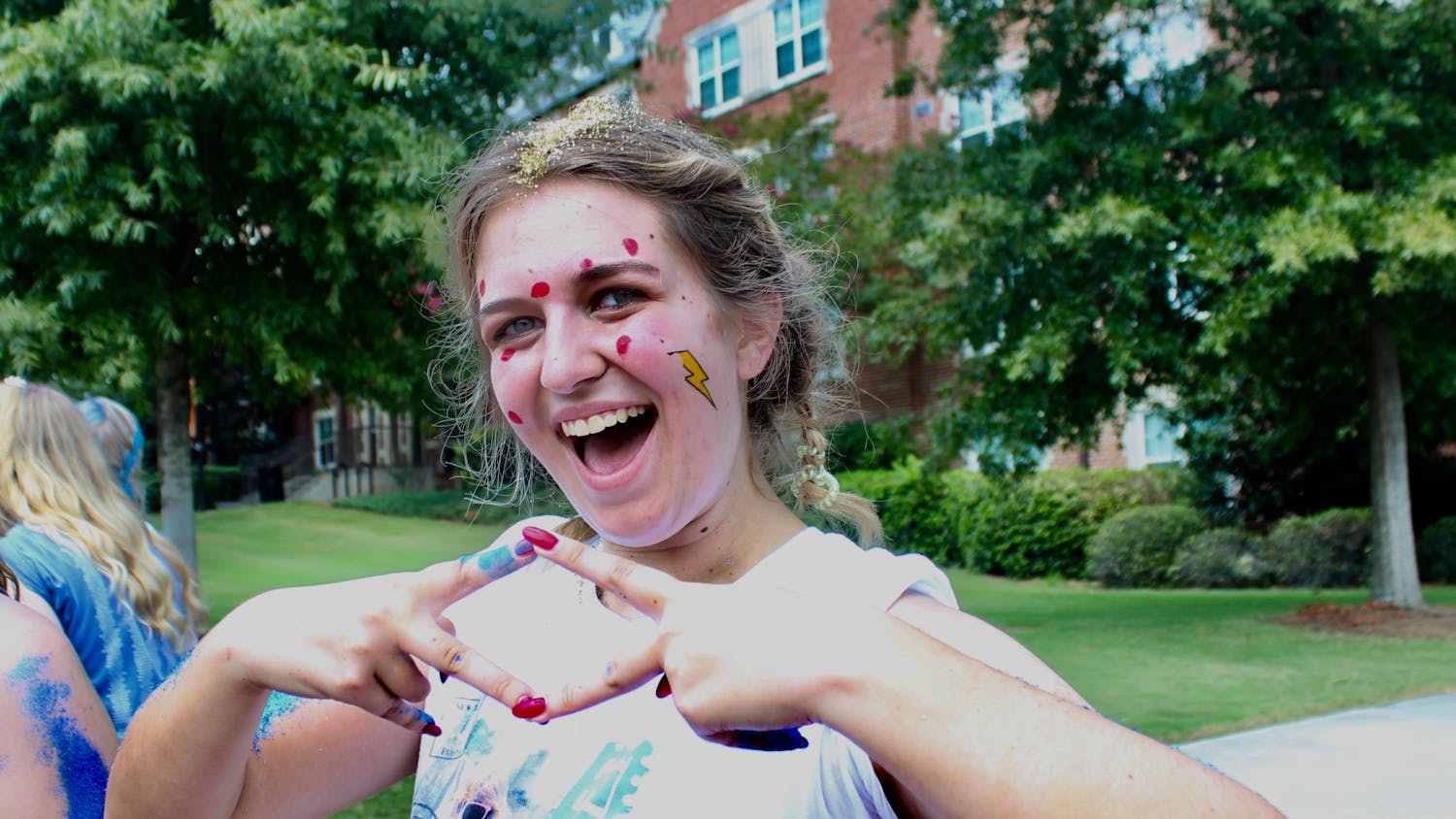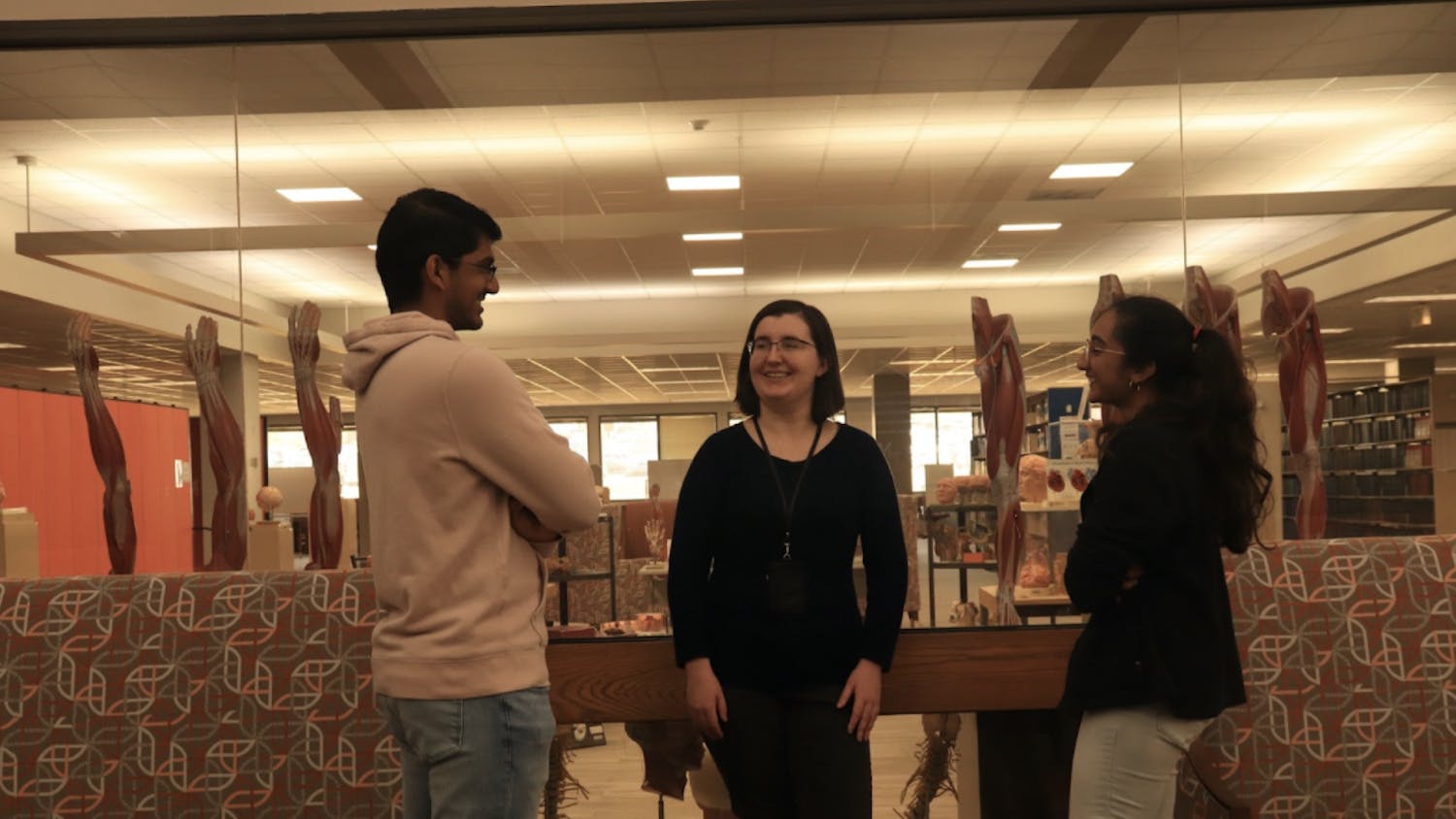Bear Perspectives is a series of first-person essays written by upperclassmen students at Mercer University about their experiences in college and what they wish they knew as a first-year. Throughout the beginning of the semester, The Cluster will publish a variety of these essays covering various topics for the benefit of the class of 2026.
During my first week on Mercer’s campus in August 2019 I told a friend’s mom I thought Macon was “sketchy.” At the time, I didn’t think anything of it because that was how my classmates and upperclassmen talked about Macon. As a freshman, I was told not to cross the bridge connecting Mercer Village to a nearby neighborhood, to avoid south Macon if I could, to watch out for “Maconites,” and to never walk alone downtown, even on a sunny day.
Macon was unlike anywhere I had lived before. Going to high school in a suburb of Nashville, I grew up in the wealthiest county in Tennessee, shielded from discussions about race, class, gender, religion, sexuality and any other topic that may shatter the illusion that the United States is the greatest country on earth. Students in my fourth-period history class cheered as we watched Donald Trump’s presidential inauguration in January 2017, and my Sunday school group at the Southern Baptist church my family attended was made up of entirely white women. Our school’s theater program had to send the spring musical "Hairspray" back to the drawing board due to how few Black and Brown students there were across all four grades.
I entered college with a narrow view of how my affluent, white, Christian upbringing gives me a systemic advantage in nearly every facet of American life. I also had a narrow view of how Mercer students’ offhand comments about Macon can ultimately be very harmful.
Macon was described as “the most redlined city in the United States” by the Washington Post in a 2018 article, with nearly 65% of neighborhoods being marked as “hazardous” in the 1930s by the Federal Housing Administration.
Redlining is a term used to describe a 1934 policy instituted by the Federal Housing Administration in which they refused to insure mortgages in and around predominantly Black neighborhoods under the guise that certain homes were “risky” investments and unworthy of loans. These practices effectively upheld segregation in cities across the country and maintained a pervasive racial wealth gap, barring low-income minorities from purchasing homes.
The effects of systemic housing discrimination are still visible in present-day communities surrounding Mercer and the implications for local residents are acute and far-reaching. In Macon, 73% of formerly redlined communities remain low to moderate income while 91% of formerly redlined neighborhoods are made up of primarily minority groups.
A 2019 report by 24/7 Wall Street named Macon as one of the top 25 most segregated cities in America due to the drastic discrepancy between the poverty rates among Black residents (33%) and white residents (12%) as well as the racial divide in local neighborhoods. Mercer itself only became integrated 59 years ago, with a clear divide between the institution and the rest of the city persisting.
While Mercer’s emphasis on service learning attempts to remedy this division, students’ voluntary isolation from the rest of the Macon community perpetuates the use of overly critical language and stereotypes. Over the course of my four years at Mercer, I’ve primarily heard the term “Maconite” used with disdain to describe a local resident as dangerous, dirty or not in adherence with perceived social norms. While this term carries highly racialized connotations and illustrates a deeply elitist way of thinking, it also contributes to the ongoing labeling of Macon residents as outsiders by the Mercer community.
In reality, as Mercer students, we are the outsiders! Like me, many students come from cities outside of Macon and start classes at Mercer with a very limited understanding of the historical and contemporary factors that affect day-to-day life in local communities. In reality, our casual comments about how Macon is an unsafe or undesirable place to live carry a lot of weight and are more harmful to our next-door neighbors than we may realize. It is a serious injustice to criticize and patronize a community that we have made no effort to understand or engage with.
I feel immensely privileged to attend college in one of the most vibrant cultural hubs in Georgia, with endless ways to give back to the community that has hosted me during these short four years. Regardless of how long you may call Macon home, I hope you take advantage of every opportunity for community engagement this city has to offer. Serve a meal at the Brookdale Resource Center, help organize a fundraiser with the Historic Macon Foundation, make sandwiches to drop off at the Macon Community Fridge, connect with local students at U Create Macon and donate period products to Macon Periods Easier.
To my new friends on campus: build relationships outside of your established circles, challenge your biases, treat your neighbors with respect and go for a walk downtown every once in a while. There is always something new to see.
McKenna Kaufman ‘23 is an international affairs and journalism major from Spring Hill, Tennessee. She is the Community Outreach Manager for The Cluster and is involved with MerServe, a student-led service programming board on campus.





